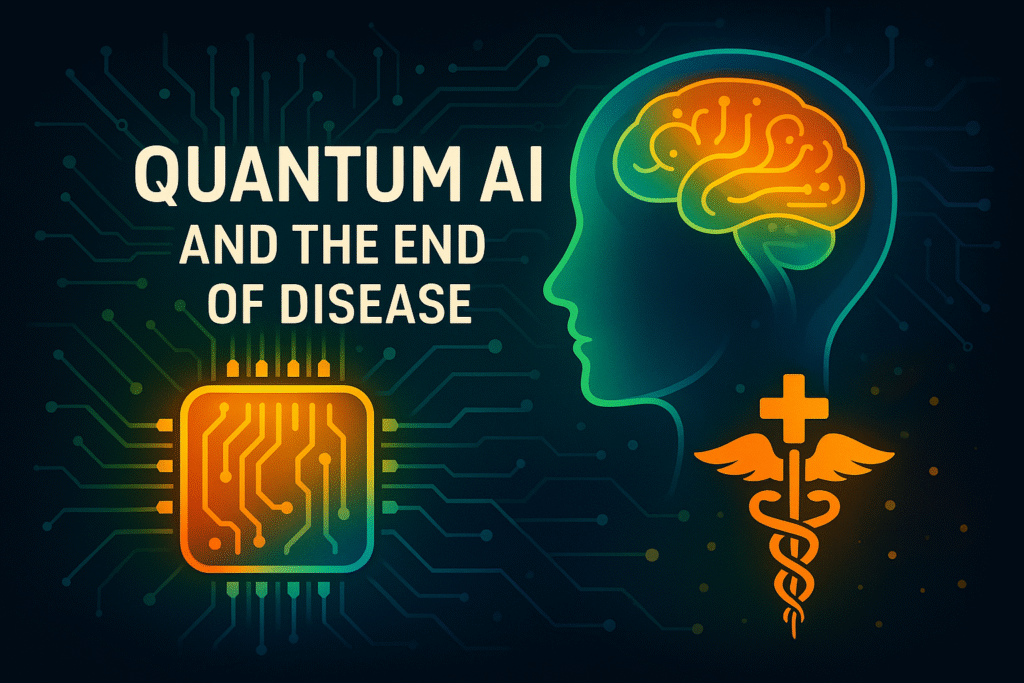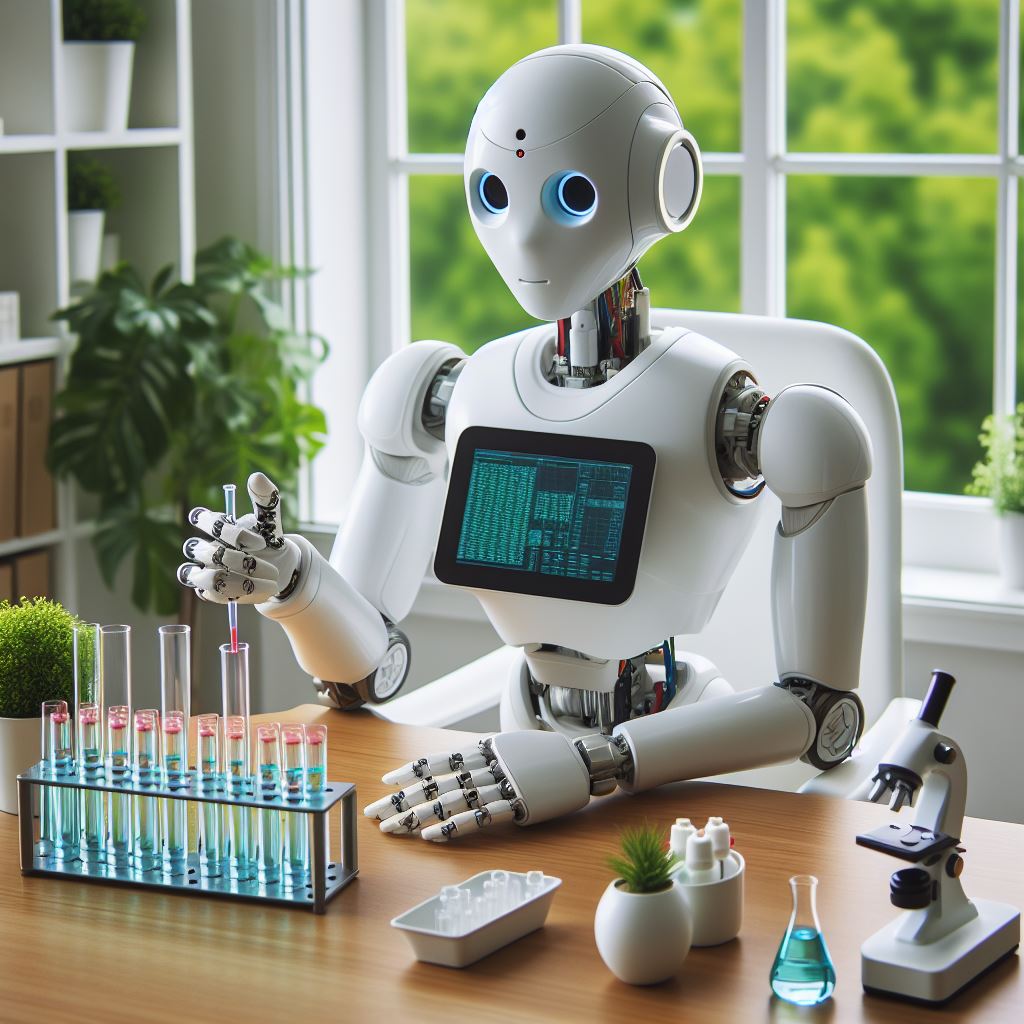In the not-so-distant past, the idea of “curing all diseases” was firmly in the realm of science fiction. Today, a powerful technological convergence is bringing that once-impossible dream into the realm of possibility. At the forefront of this revolution are two of the most transformative fields of our time: Quantum Computing and Artificial Intelligence (AI). Together, they may redefine the future of medicine — from faster drug discovery to truly personalized healthcare.
What is Quantum AI?
To understand the potential, we need to break down the pieces:
- Quantum Computing is a new paradigm of computation that harnesses quantum mechanics to process complex calculations exponentially faster than classical computers.
- Artificial Intelligence, especially deep learning, enables machines to learn from vast datasets and recognize patterns, making them indispensable in diagnostics, prediction, and treatment planning.
Quantum AI refers to the intersection of these two fields, where quantum hardware is used to boost the capabilities of AI systems — especially in solving problems too big or slow for current machines.
Why Today’s Tools Aren’t Enough
Current supercomputers and AI models are powerful, but they struggle when it comes to simulating molecules at atomic detail or analyzing complex interactions in the human body. Diseases like Alzheimer’s, cancer, or autoimmune disorders involve chaotic systems with billions of variables. Even the best classical computers hit a wall.
Quantum computers, however, can process these interactions simultaneously, exploring countless molecular configurations in minutes — a task that would take classical machines years.
Revolutionizing Drug Discovery
Traditional drug development takes 10+ years and billions of dollars. Quantum AI can shrink that timeline dramatically by:
- Simulating drug molecules at the quantum level, testing their interaction with proteins before human trials.
- Accelerating molecular docking, helping identify the best candidates from thousands of compounds.
- Reducing side effects, by predicting off-target interactions early.
Startups like Qubit Pharmaceuticals and ProteinQure, and tech giants like IBM and Google, are already building quantum-powered platforms to redesign how we discover treatments.
From General AI to Personalized Medicine
Another key frontier is individualized healthcare. By combining:
- Your genomic data,
- Your lifestyle and history,
- Real-time health monitoring (via wearables and biosensors),
AI can craft hyper-personalized treatments. Now imagine these AI models powered by quantum hardware — capable of considering all those variables in real-time, and simulating how different therapies would affect you before you even take a pill.
This could mean:
- Predicting cancer years before symptoms appear.
- Designing treatments tailored to your DNA.
- Preventing chronic illnesses before they start.
Challenges Ahead
Of course, this future isn’t without obstacles:
- Quantum hardware is still in its early stages, prone to noise and instability.
- Scaling quantum computers with enough qubits remains difficult.
- Privacy and ethical concerns must be addressed as we digitize and analyze sensitive health data at unprecedented scale.
But the pace of progress is staggering — and collaborations between quantum physicists, AI researchers, and medical experts are already accelerating breakthroughs.
Conclusion: A New Era of Healthcare
The fusion of Quantum Computing and Artificial Intelligence promises not just better healthcare, but a total transformation of how we understand the human body and treat disease. While a “disease-free” world is still a vision, the tools we need to achieve it are being built right now.
If you’re not paying attention to Quantum AI in medicine, it’s time to start. The future of healthcare may be much closer — and smarter — than we think.



